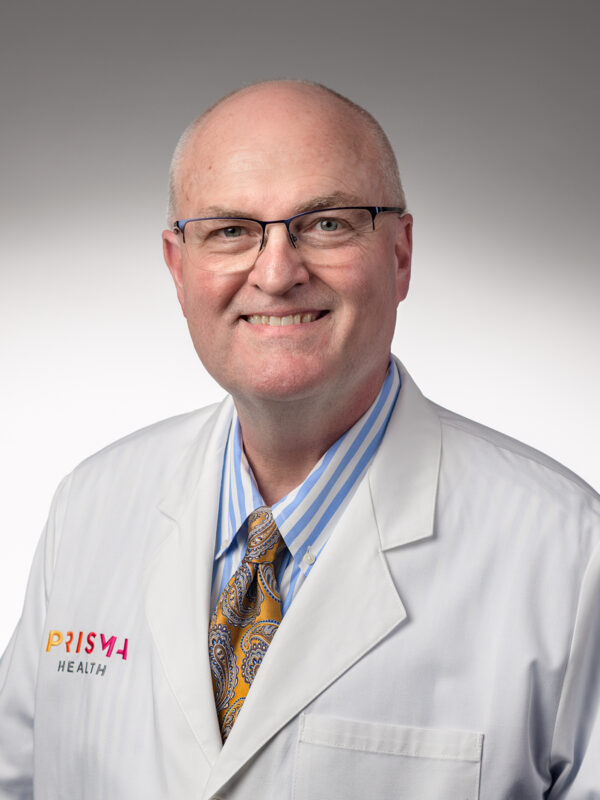What increases my breast cancer risk?
Currently 1 in 8 women will develop breast cancer over their lifetime. Routine screening can assist in diagnosing the disease early and lead to better outcomes. Medical oncologist Darren E. Mullins, MD, explains what factors increase breast cancer risk and what steps you can take to prevent it.
Some risk factors can’t be changed
“One of the most significant things that raises the risk of breast cancer is age,” said Dr. Mullins. “Most breast cancers are diagnosed after age 50.”
Other factors that can change your risk include having dense breasts, menstruation that began before the age of 12 or menopause that began later than age 55, family history of breast or ovarian cancer, genetic mutations in an individual or in a family, personal history of breast cancer, prior history of abnormal cells in the breast or previous treatment for other conditions that involved radiation therapy to the chest wall.
For women who have any of these risk factors, working with their physician on reducing their breast cancer risks and making sure they schedule an annual screening mammography is essential.
Does hormone replacement therapy increase my risk for breast cancer?
“Hormone replacement therapy, or HRT, is used to help mitigate some of the uncomfortable symptoms of menopause, as well as prevention of osteoporosis. It increases the risk of developing future breast cancer,” said Dr. Mullins.
It is important for any woman who is utilizing hormone replacement therapy to discuss the risks, benefits and any available alternative with the prescribing provider.
Are you at a higher risk for breast cancer if you are obese?
“Obesity, where you have an elevated body-mass index, or BMI, is a risk factor for developing future breast cancer,” said Dr. Mullins.
This is primarily because obesity is associated with elevation of estrogen levels, and this increases the future risk. Alongside that, not being physically active is also correlated with higher rates of breast cancer. Ensuring a healthy balance of nutrition and regular exercise and physical activity can help to lower the cancer risk.
If you notice concerning changes in your breast tissue or any of the other related breast cancer symptoms, it’s important to schedule an appointment with your gynecologist as soon as you can.
Schedule your mammogram
To accommodate your busy schedule, many of our Breast Health Center locations offer early morning and late afternoon hours for breast imaging procedures. No physician referral is needed.
Schedule a Mammogram

